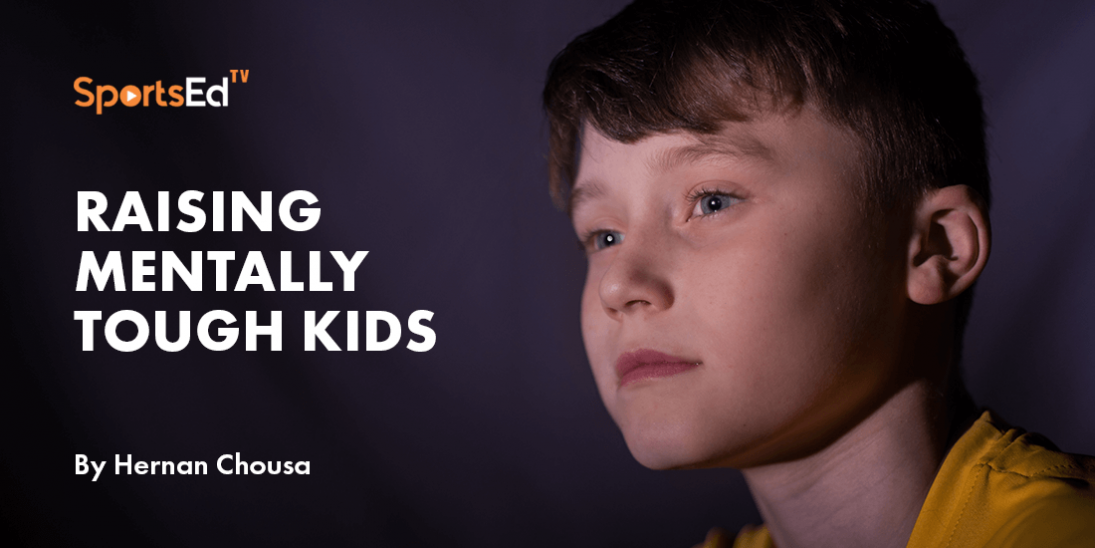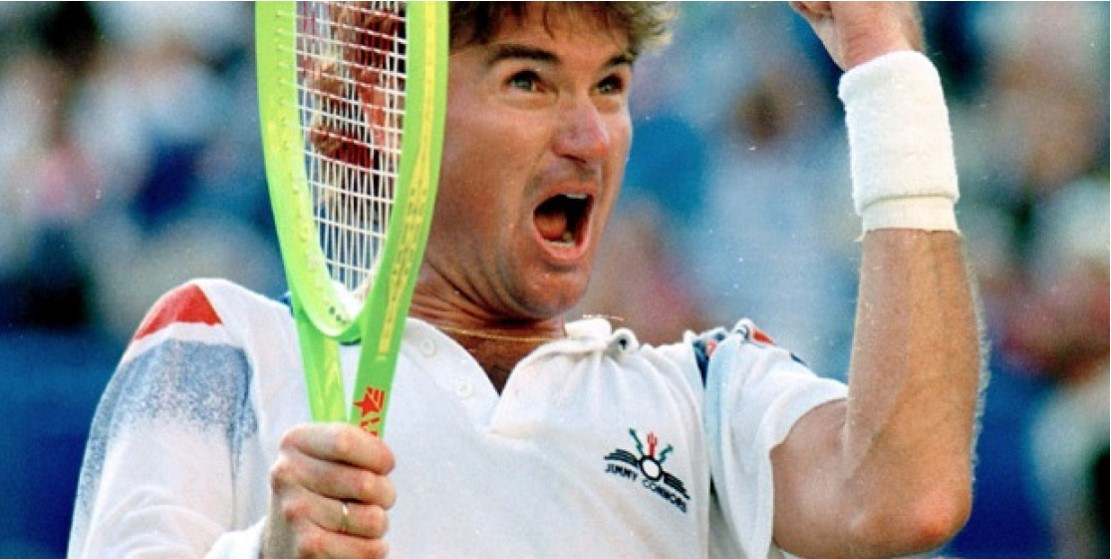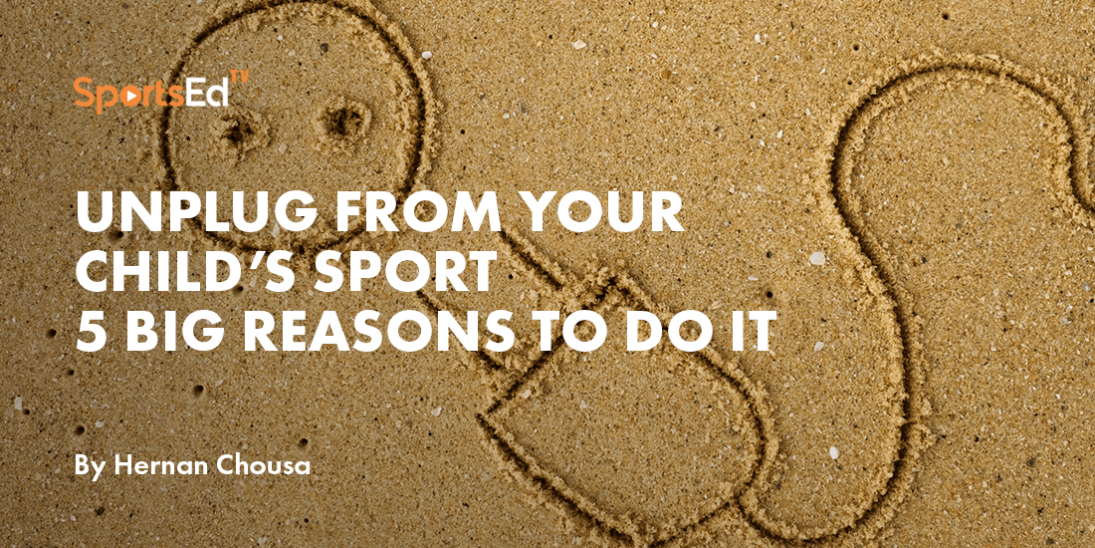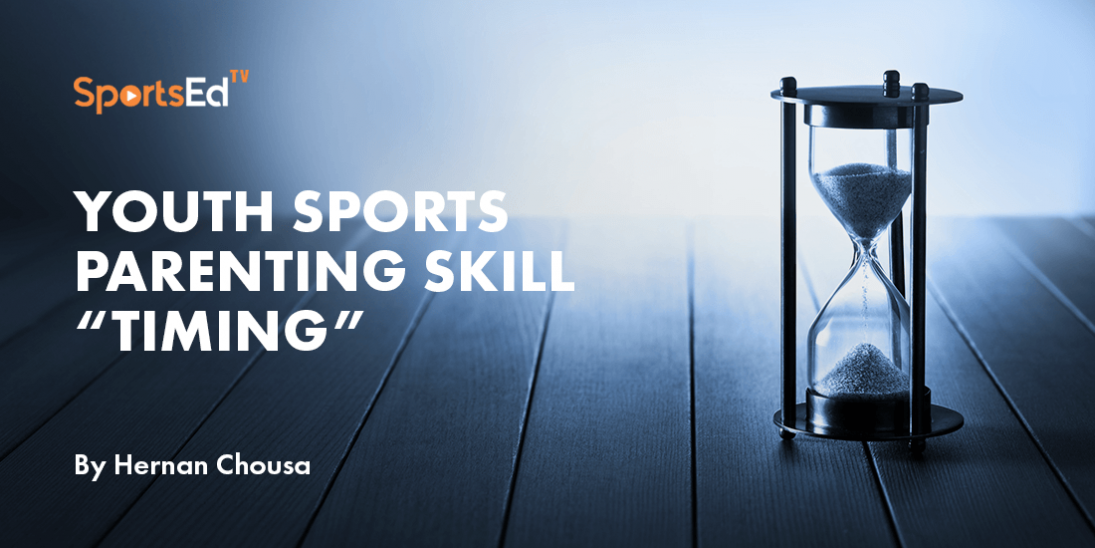Baseball, Basketball, Golf, Gymnastics, Lacrosse, Mental Health, Mental Toughness, Physical Education, Pickleball, Sports Parenting, Sports Psychology, Tennis, Volleyball, Weightlifting
Welcome and thanks for visiting...

Mental Toughness in kids: How to Overcome Fear, Build Resilience and Grit

"I want you to coach my daughter about mental toughness," Mary said.
"I've never done such a thing," I replied, "first, your daughter has to agree with it."
"Well, if you do it for yourself, for sure you can teach it," she replied, "I imagine you are doing it with your kids."
This conversation was part of a monthly meeting I had with a client. As I've said in earlier posts relying on a professional is a healthy decision. It can be a psychologist, sports psychologist, or someone with experience in the field you trust. As Mary's daughter is a tennis player, the conversation shifts from parenting to tennis as I have the background to give some advice, so it was part of the conversation too.
I have to be honest; mental toughness wasn't on the radar when I started teaching tennis to my kids; my attention was on their technique. I taught them the basics: repetition is the mother of skill, and they hit plenty of forehands, backhands, volleys, and serves. Things got rough when they approached ten, so I delegated to others. Delegate isn't the exact word because I didn't do it 100%; I was always aware of maintaining clean strokes. That was a tough one because coaches always want to leave their mark on their players, better if they are good ones and more than once, I was surprised by weird swings and grips.
That was my experience. Now if someone asks me where to focus, the number one skill is mental toughness, no doubt about it.
What is mental toughness?
Mental toughness in sports refers to the psychological attributes that enable athletes to cope with and overcome mental and emotional obstacles while competing. It involves having a strong mindset, the ability to stay focused and motivated, and the capacity to perform under pressure. Athletes who possess mental toughness are better equipped to handle setbacks and adversity, as they are able to maintain their focus and confidence even in the face of challenges. Mental toughness can be developed through various mental training techniques, including visualization, positive self-talk, goal-setting, and stress management strategies. It is an essential component of success in sports, as it enables athletes to maximize their potential and perform at their best even in high-pressure situations.
Why is mental toughness important in sports?
Jimmy Connors, a former # 1 tennis player, and fantastic competitor, said, "Tennis is 90% a mental game", and here are five reasons why it is the most important skill to develop.

- It helps athletes handle pressure: In sports, pressure is a constant factor, whether performing in front of a big crowd or competing in high-stakes tournaments. Mental toughness enables athletes to stay calm under pressure, focus on their goals, and perform at their best, even in the most challenging situations. Athletes who lack mental toughness often crumble under pressure, leading to mistakes and poor performances.
- It fosters resilience: One of the primary qualities of mentally tough athletes is resilience. They can bounce back from setbacks, learn from failures, and keep moving forward. This mindset is essential in sports because athletes face countless obstacles and setbacks. Without mental toughness, athletes may struggle to recover from these setbacks, lose motivation, and give up on their dreams.
- It enhances confidence: Mental toughness also plays a crucial role in building an athlete's confidence. When athletes believe in their abilities and have strong mindsets, they are more likely to take risks, push their limits, and achieve their goals. On the other hand, athletes who lack mental toughness may doubt their abilities, become indecisive, and perform below their potential.
- It improves focus and concentration: Mental toughness enables athletes to focus on their goals and tune out distractions. This is particularly important in sports requiring high concentration levels, such as golf, tennis, and archery. Athletes lacking mental toughness may need help maintaining focus and concentration, leading to mistakes and poor performances.
- It promotes a positive attitude: Mental toughness promotes a positive attitude and outlook. Athletes with a strong mindset tend to be more optimistic, motivated, and enthusiastic about their sport. They approach challenges with a can-do attitude and are more likely to overcome obstacles and achieve their goals. On the other hand, athletes who lack mental toughness may become pessimistic, lose motivation, and develop a negative attitude toward their sport.
I gave you five strong reasons why your son or daughter has to train the mental toughness muscle because it is a muscle. How do we train it?
With challenges, stepping out of your comfort zone, and doing what you don't want.
There is a lovely story about Rafa Nadal that pictures where his grit come from. He had ten years old and playing in a tournament. Of course, Tony Nadal cared for his game and his mind. After a couple of games, he approached the fence.
"Uncle, you know something?"
"What, Rafa"
"I forgot to bring water. Can you get me some?"
"Impossible. Your stuff is your responsibility. Today you will play without water."
It looks rough; anyway, when you watch Nadal playing at the French Open, hitting every ball like the last one in his life, you know the reasons behind such behavior. Sometimes Tony regrets being too hard on Rafa when young, but there is no doubt he built a champion.

What can we do as parents to help our kids with such a task? It's on our hands, or do we have to delegate it?
To answer the question, I will bring back Mary's conversation.
"You know something," I paused, "I never tell my kids what to do; I show them by my actions."
"What do you mean? Don't you say anything?"
"Kids never follow words. They follow what they see."
"So?"
"My kids realized I woke up early and wrote daily. I am always ready for the next ball when we play tennis, even if I am tired. They see I work out my body. They watch consistency. I can tell them to do the pushups, but it will be impossible to follow if I am overweight and spend hours on the couch."
"Ok, I understand," she replied.
"I hope it helped you. If your daughter wants to train with me, she can give me a call."
To summarize, mental toughness is the most important skill in sports because it enables athletes to handle pressure, foster resilience, enhance confidence, improve focus and concentration, and promote a positive attitude. While physical ability and technical skill are essential in sports, they can only take an athlete so far. Mental toughness is the skill that separates the great ones from the average.








